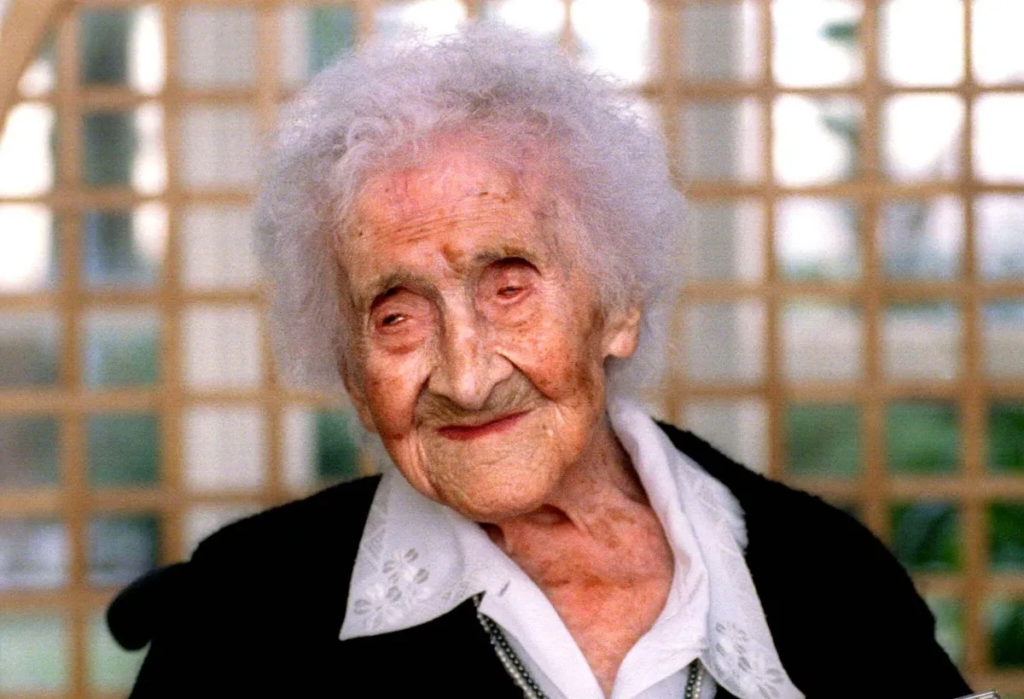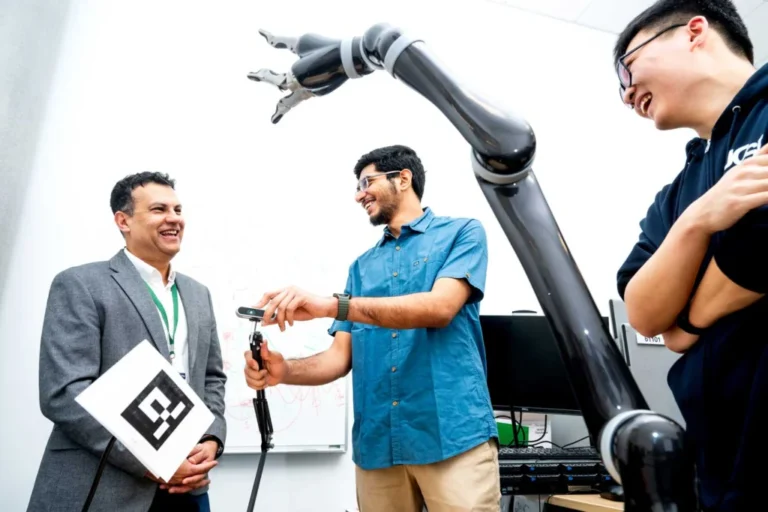Have You Ever Wondered What’s The Maximum Age A Human Can Reach? You’ll Be Shocked After The New Research!
As science and healthcare have improved, people are living longer than ever before. But is there a natural limit to how long humans can live? Dutch researchers believe they may have found the answer, offering new insights into the potential upper boundary of human lifespan.
New Study Sheds Light on Lifespan Limits
Researchers from Tilburg and Erasmus universities in the Netherlands have analyzed data from over 75,000 deaths over three decades. Their findings suggest a natural limit to how long we can live, with women reaching around 115.7 years and men peaking at 114.1 years.

Professor John Einmahl, one of the lead researchers, explained that while life expectancy is increasing, the oldest individuals are not living longer than previous record-holders. “People live longer on average, but the oldest people have not gotten any older over the past thirty years,” he said. This surprising finding raises the question: if life expectancy is increasing, why isn’t the maximum lifespan also extending?
The Mystery of the “Lifespan Ceiling”
Einmahl and his team believe that there may be a biological limit at play. Despite advancements in healthcare and nutrition, there appears to be a “wall” that prevents the oldest individuals from living beyond a certain age. This challenges the popular belief that medical breakthroughs will continue to push human lifespan indefinitely.

One of the most fascinating aspects of this study is the distinction between life expectancy and lifespan. Life expectancy is the average age a person is expected to live based on their age group, while lifespan refers to the maximum age an individual can reach. Although life expectancy is steadily rising, the maximum lifespan has shown little change.
The Role of Extreme Value Theory
To understand this phenomenon, Einmahl’s team used a statistical method known as “Extreme Value Theory.” This technique helps scientists study rare events, like the oldest ages ever recorded. Using this approach, they found that the maximum lifespan has fluctuated very little over the years, suggesting a natural limit to human longevity.

However, some exceptions do exist. Take Jeanne Calment, for example. This French woman holds the record for the oldest verified human, living to 122 years and 164 days. Calment’s exceptional age defies the trend, but her case remains an outlier.
The Increasing Number of Older People
While the maximum lifespan may have a ceiling, it’s important to note that the number of older people is steadily increasing. In the Netherlands, the number of individuals celebrating their 95th birthday has nearly tripled in recent years. This indicates that more people are living longer, but still within the natural limits of human longevity.
Notable Centenarians and Supercentenarians
Some people have defied the odds by living to extraordinary ages. Here are a few of the longest-living individuals on record:
- Jeanne Calment (122 years, 164 days): Lived in France, credited her longevity to olive oil, chocolate, and an active lifestyle.
- Kane Tanaka (119 years, 107 days): From Japan, recognized as the world’s oldest living person in 2019.
- Sarah Knauss (119 years, 97 days): Lived in Pennsylvania, USA, and was known for her calm demeanor.
- Lucile Randon (Sister André) (118 years, 340 days): A French nun, who believed her long life was a result of daily prayer and chocolate.

These individuals are verified with extensive documentation, making their ages credible examples of exceptional human longevity.
What Does This Mean for the Future?
The research from the Netherlands is still being reviewed for publication, but it raises important questions about the potential limits of human life. If the maximum age a person can reach is capped, this will push scientists and policymakers to focus on quality of life, rather than simply extending it.
While the idea of a lifespan “ceiling” may sound discouraging, it opens up new conversations about the balance between biology, environment, and the human experience. It might be that the future of aging lies not just in living longer, but in living better.
In conclusion, while we may have reached the limit for how long humans can live, the conversation about human potential is far from over.







